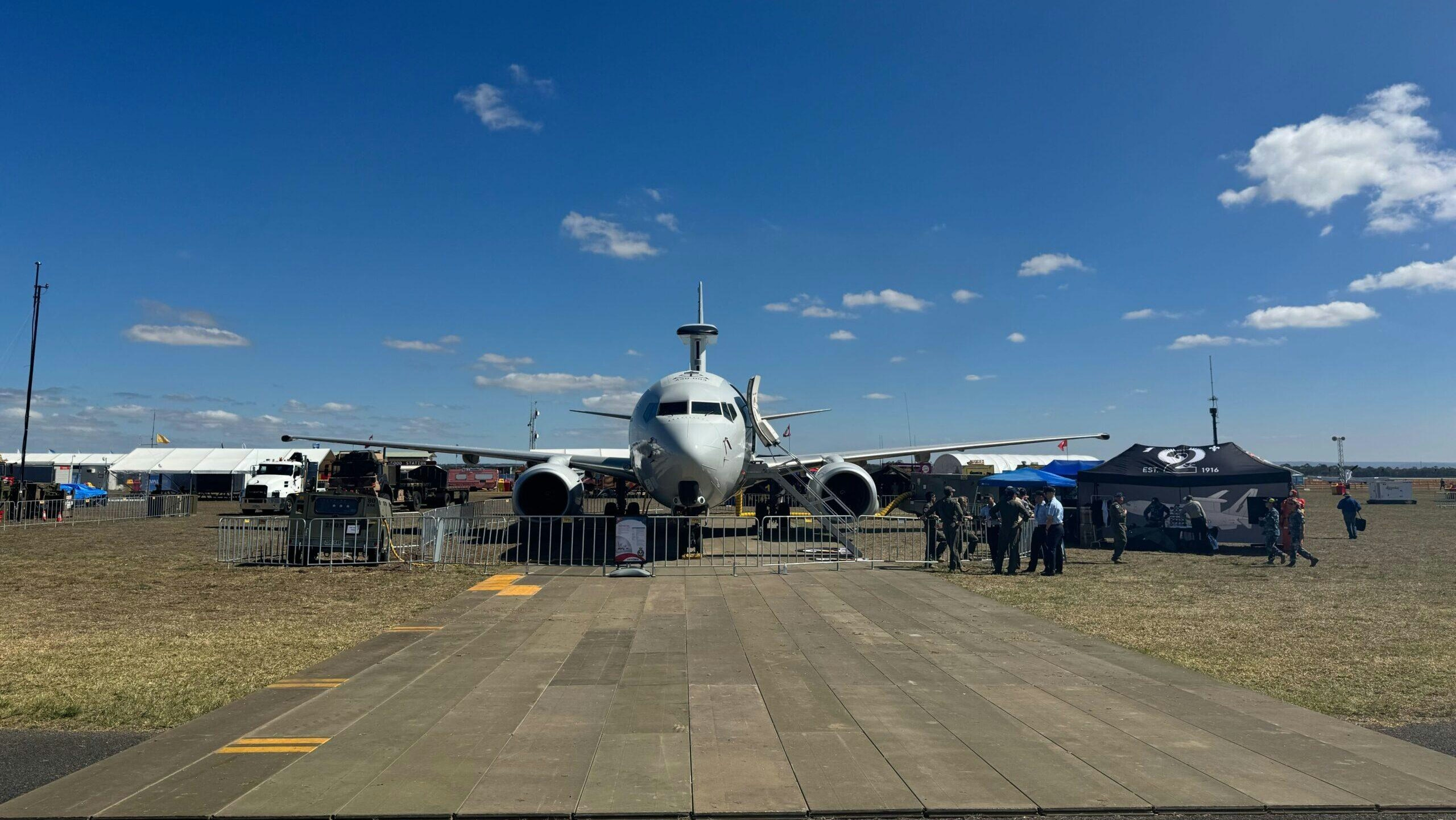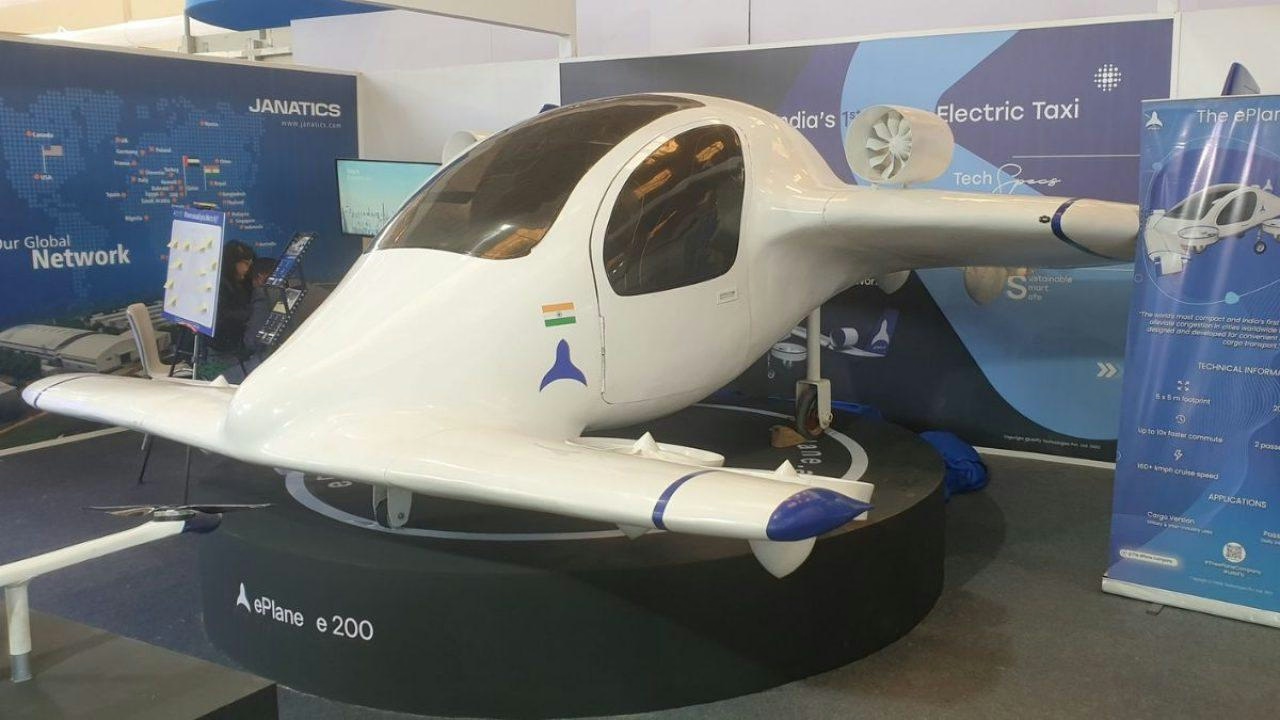أيروجيني — مساعدك الذكي للطيران.
الرائج الآن
Categories
Pentagon Cancels U.S. Air Force E-7 Wedgetail Program, Another Setback for Boeing

Pentagon Cancels U.S. Air Force E-7 Wedgetail Program, Marking Another Setback for Boeing
The U.S. Department of Defense has officially canceled the Boeing E-7A Wedgetail program, a key initiative designed to replace the aging E-3 Sentry airborne surveillance fleet. Multiple defense officials have confirmed that the fiscal year 2026 budget proposal will eliminate funding for the E-7’s development, citing escalating costs, persistent delays, and concerns regarding the aircraft’s survivability in contested operational environments.
Challenges and Strategic Shift
The cancellation represents a significant reversal for a platform once anticipated to serve as the cornerstone of next-generation airborne command and control for the U.S. Air Force. The Wedgetail, which is based on Boeing’s 737-700 airframe, was initially selected to provide a modern airborne early warning and control capability. However, the program encountered numerous challenges, including a cost increase from $588 million to $724 million per aircraft, alongside growing doubts about its effectiveness in high-threat scenarios.
In response, the Pentagon is redirecting its focus toward space-based surveillance solutions. Defense officials argue that these alternatives could offer faster, global coverage for the air moving target indicator (AMTI) mission. During recent congressional testimony, U.S. Secretary of Defense Pete Hegseth emphasized this strategic pivot, stating, “We wanted to be able to span the globe. That’s a space-based capability. We are bullish on space, and we think that that’s a capability that can be achieved actually faster than the E-7 will deliver at this point.”
Meanwhile, to maintain surveillance and command capabilities as the E-3 fleet is gradually retired, the Department of Defense plans to acquire additional E-2D Advanced Hawkeye aircraft as an interim solution.
Industry Impact and Market Reactions
The cancellation has elicited a range of responses within the defense sector. Industry analysts have expressed concern over the financial repercussions for Boeing, whose defense division has already been contending with development delays, budget overruns, and delivery setbacks across multiple programs. The E-7A program had envisioned the procurement of 26 aircraft, and its termination is expected to further strain Boeing’s defense revenues and exacerbate existing financial pressures.
Market reactions have been mixed. Some observers view the decision as a necessary adaptation to evolving threats and emerging technological opportunities, while others caution that the transition may create potential gaps in airborne early warning coverage. Competitors in the defense industry are anticipated to reassess their own airborne early warning and control offerings, potentially triggering shifts in market dynamics and strategic realignments.
Boeing had commenced assembly of the first E-7A prototype at its Renton facility earlier this year, following the delivery of the initial 737 airframe from Spirit AeroSystems. With the program now canceled and supply chain challenges ongoing, the future of these efforts remains uncertain.
As the Pentagon pivots toward space-based capabilities and interim reliance on the E-2D Advanced Hawkeye, the cancellation of the E-7A Wedgetail program marks a pivotal moment in U.S. airborne surveillance strategy and constitutes another significant setback for Boeing’s defense ambitions.

Archer Aviation Partners with NVIDIA to Advance Aviation AI Technology

Chennai Startup to Develop India’s First Electric Air Taxi

Factors Positioning Airbus for Leadership in 2026

Emirates Unveils Cabin Design for New Boeing 777X

Eighteen Years On, the Airbus A380 Remains Central to a $34 Billion Airline

How a boom in luxury airline seats is slowing down jet deliveries

Navitaire Outage Attributed to Planned Maintenance

AI, VR, and Data Transform Pilot Training by 2026

Airbus Plans Record Delivery of 870 Aircraft in 2026

DigiYatra Debuts Outside Aviation at India AI Impact Summit
